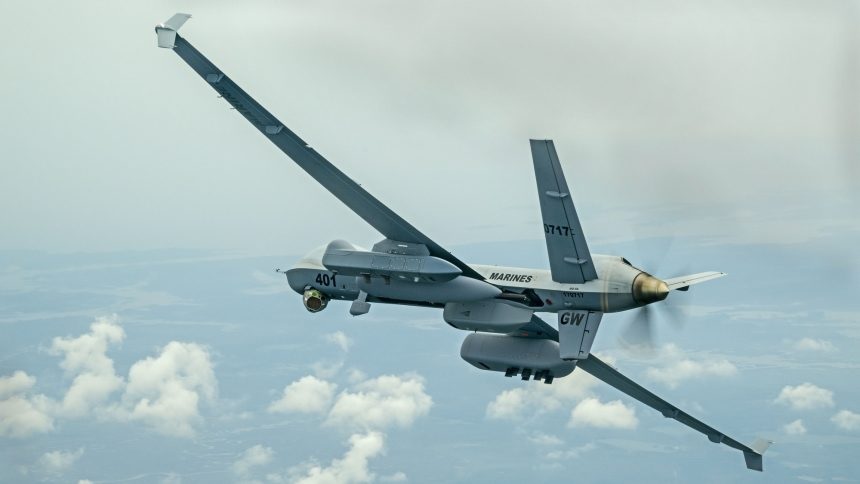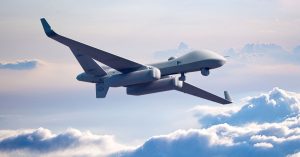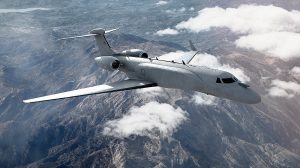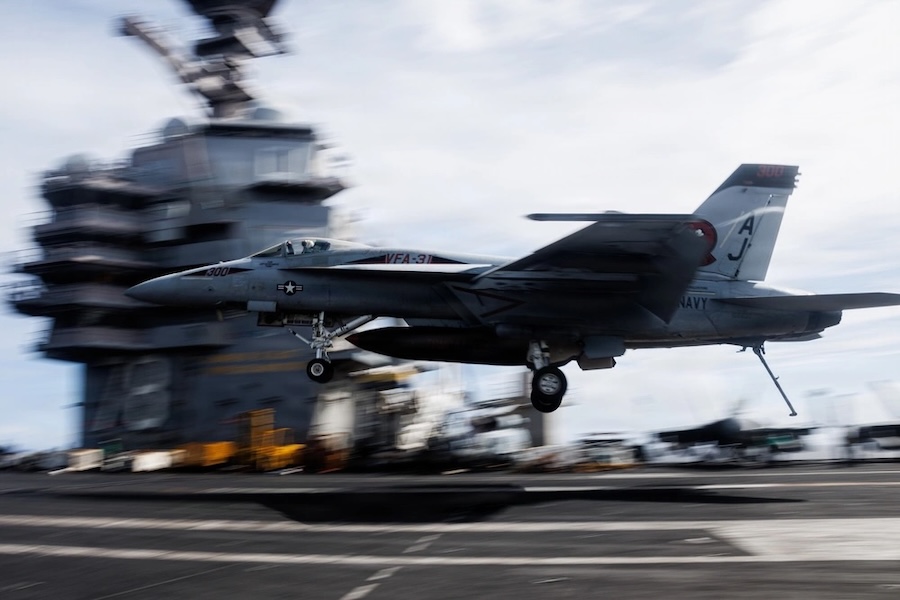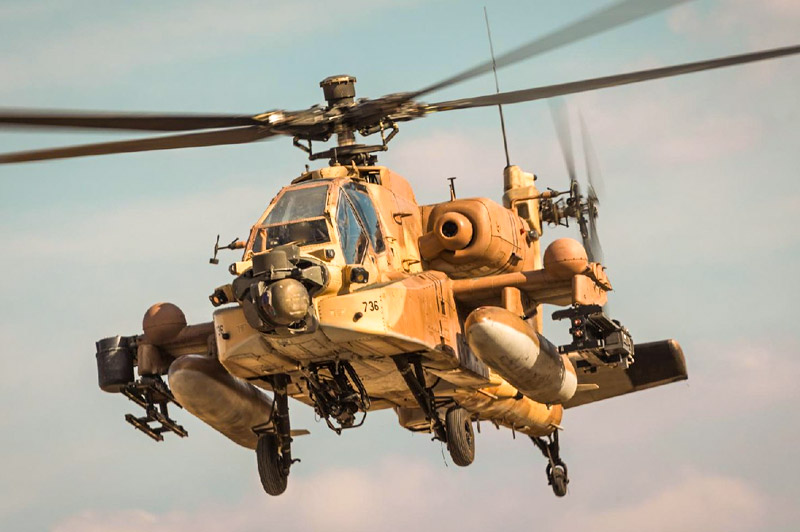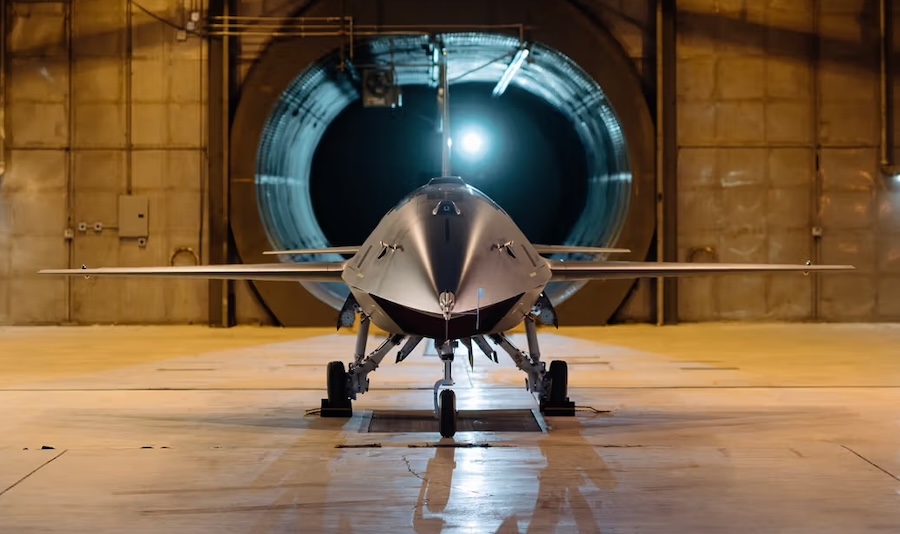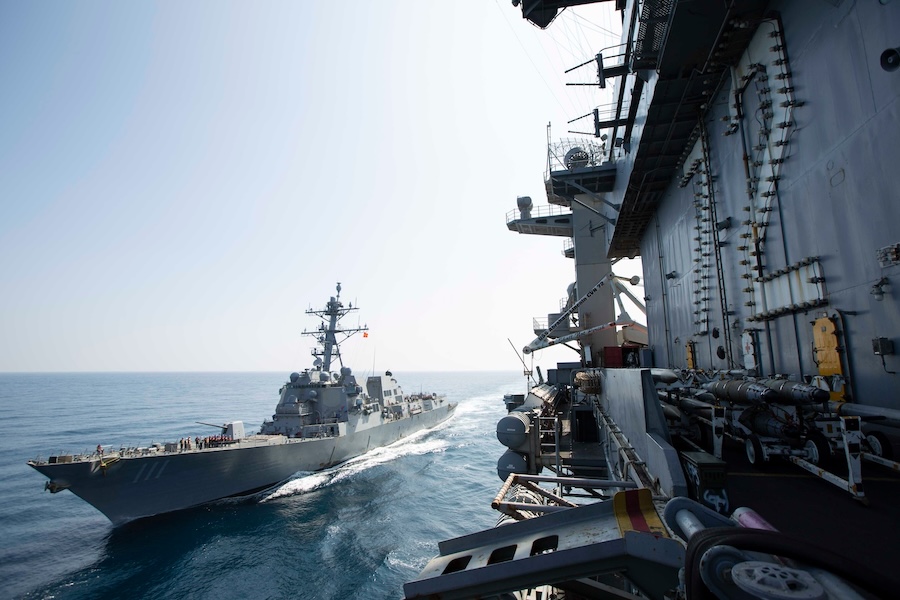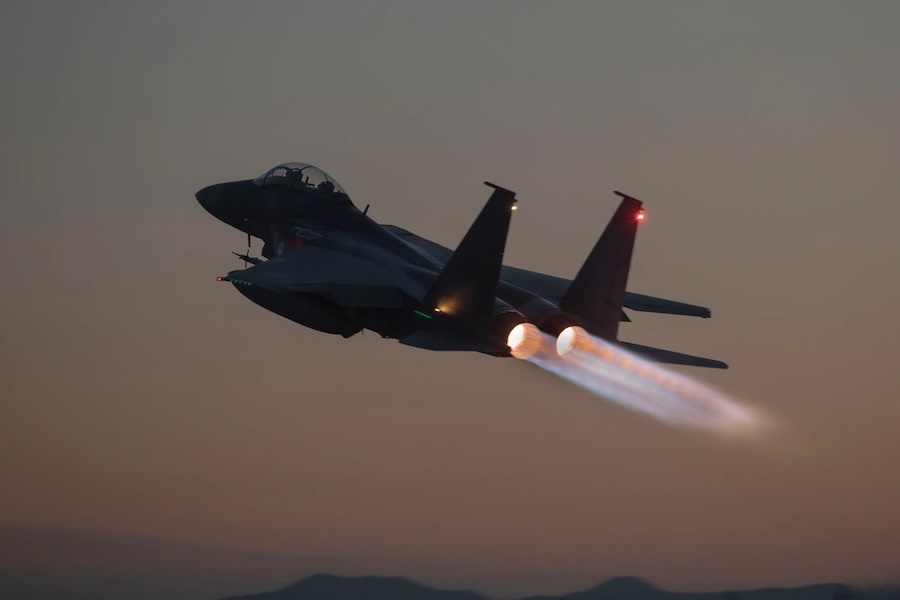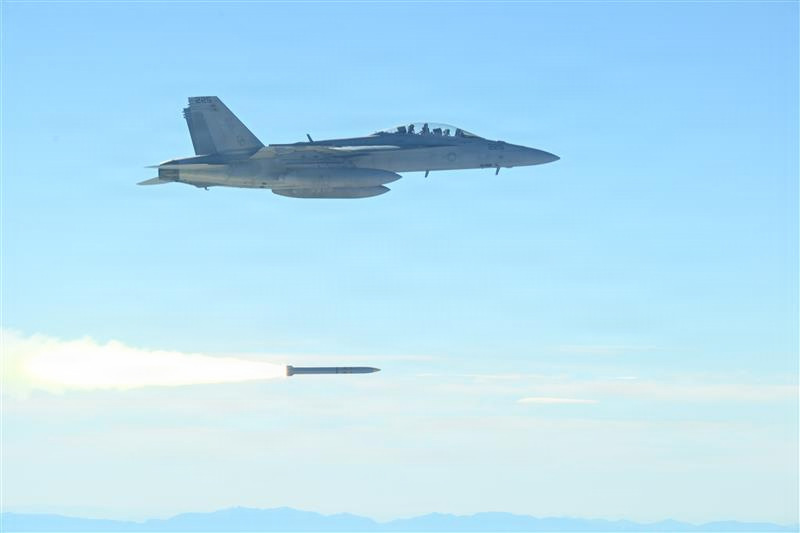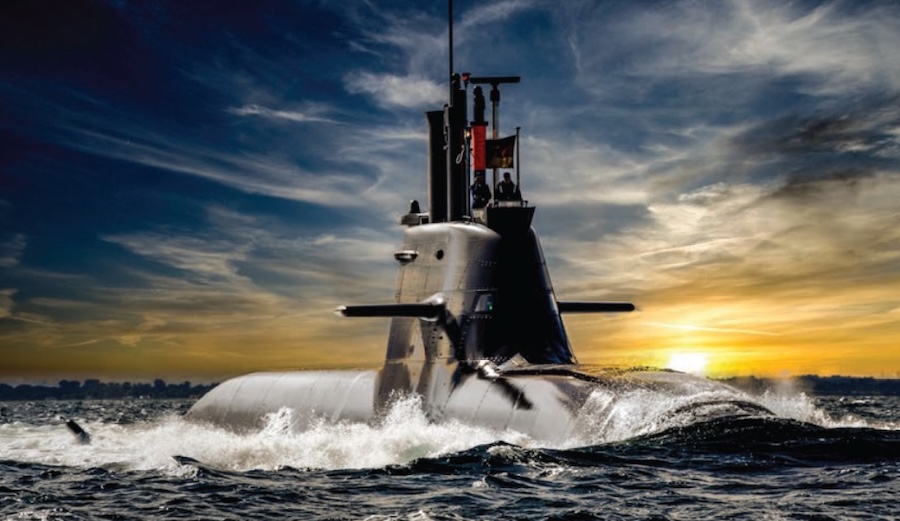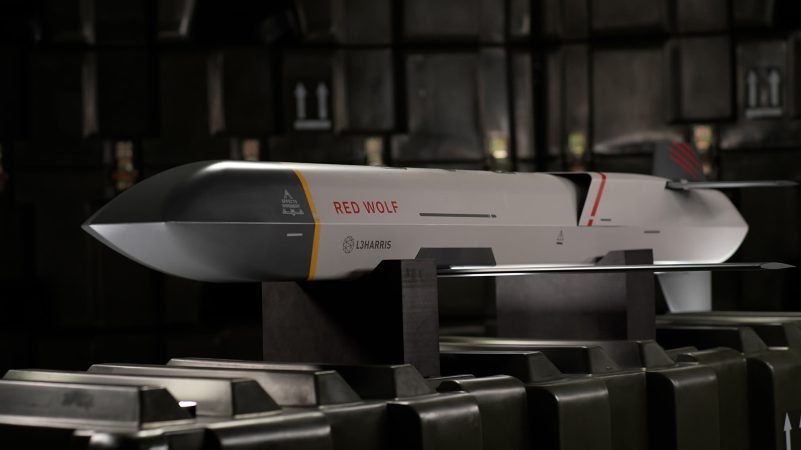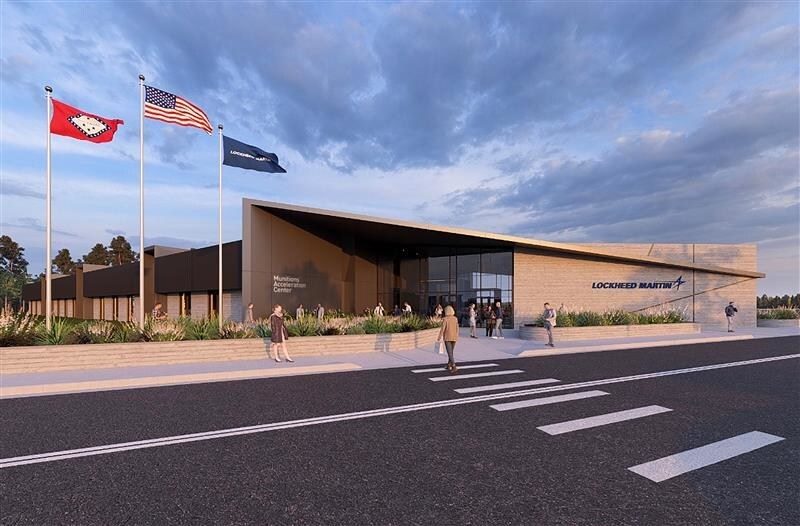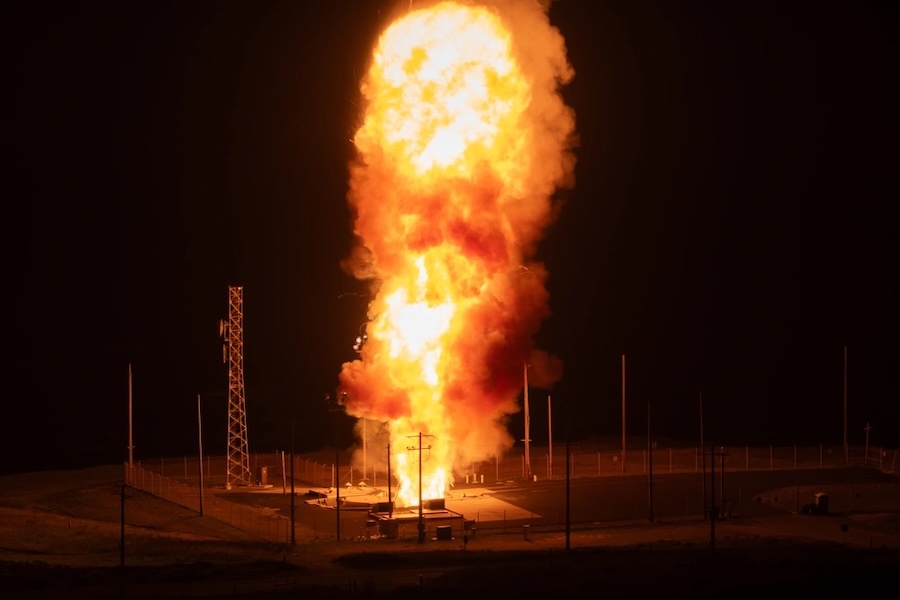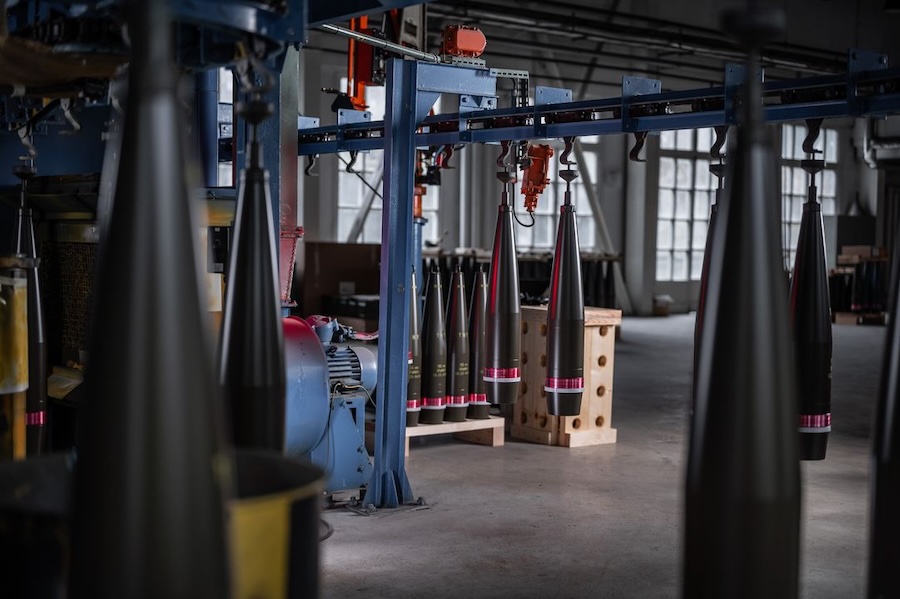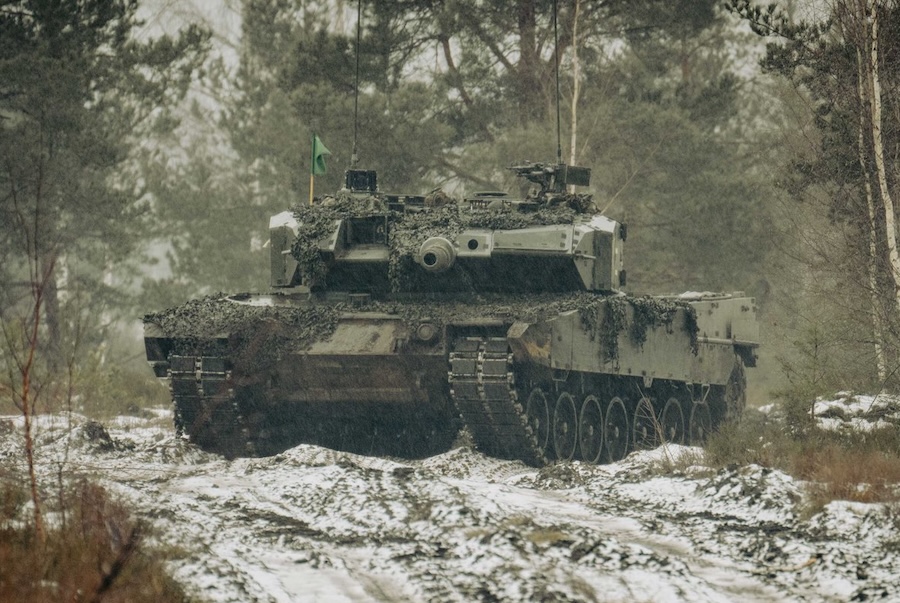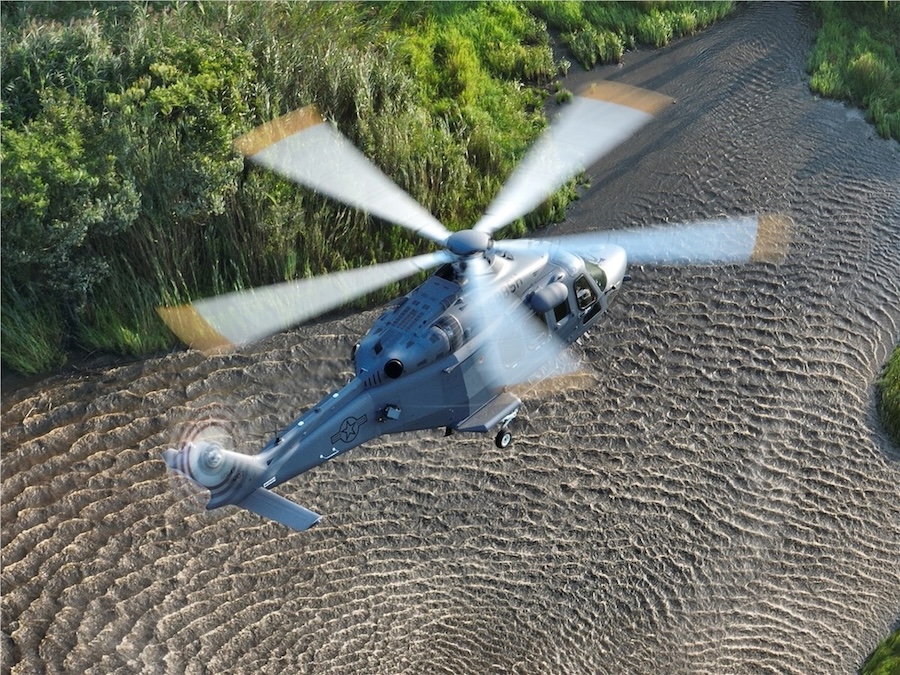An image released alongside the announcement shows the Reaper carrying the SkyTower II pod and an external fuel tank under the left wing, the RDESS/SOAR pod under the right wing, and a third unidentified centreline pod. No details were provided on the date of the test flight, although in February 2025 UX-24 had confirmed the first installation of the SkyTower II pod and its initial power-on checks.
The SkyTower II, developed by GALT and integrated via NAVAIR’s middle-tier acquisition approach, is designed to extend airborne network and data-sharing capabilities across multiple forces. According to NAVAIR, it is required to execute the Intelligence, Surveillance, and Reconnaissance (ISR) concept of operations and will enable MQ-9s to act as airborne “digital quarterbacks” supporting U.S. Marine Corps operations in the Indo-Pacific.
Marine Unmanned Aerial Vehicle Squadron (VMU) 3, based at Marine Corps Base Hawaii, Kaneohe Bay, will be the first to deploy with the upgraded MQ-9s in 2026. The unit plays a key role in reconnaissance, surveillance, and target acquisition missions across the region.
The RDESS/SOAR pod, developed by General Atomics and L3Harris, had already been integrated into some MQ-9s, with initial U.S. Air Force testing dating back to 2021. General Atomics describes it as a broad-spectrum, passive electronic support payload able to collect and geo-locate signals of interest at standoff ranges.
General Eric M. Smith, Commandant of the U.S. Marine Corps, said the system provides an additional layer of protection: “The pod can mimic, I’ll be careful here, it can mimic things that are sent to it that it detects, turn it around and send it back,” he stated, declining to expand further for security reasons.
The Marine Corps has outlined plans for MQ-9As to support its Marine Littoral Regiment by delivering Intelligence, Surveillance, Reconnaissance and Targeting (ISR-T), Maritime Domain Awareness (MDA), Airborne Network Extension (ANE), Airborne Early Warning (AEW), and Electronic Support (ES). The MQ-9A Reaper-ER, with an endurance of more than 30 hours, is seen as particularly critical for operations in the Pacific.
NAVAIR stated that the “MQ-9 Reaper provides Marines with a long-range ISR capability in support of maritime domain awareness and expeditionary advanced base operations in contested environments.” The aircraft had previously reached IOC with VMU-3 on 2 August 2023.


